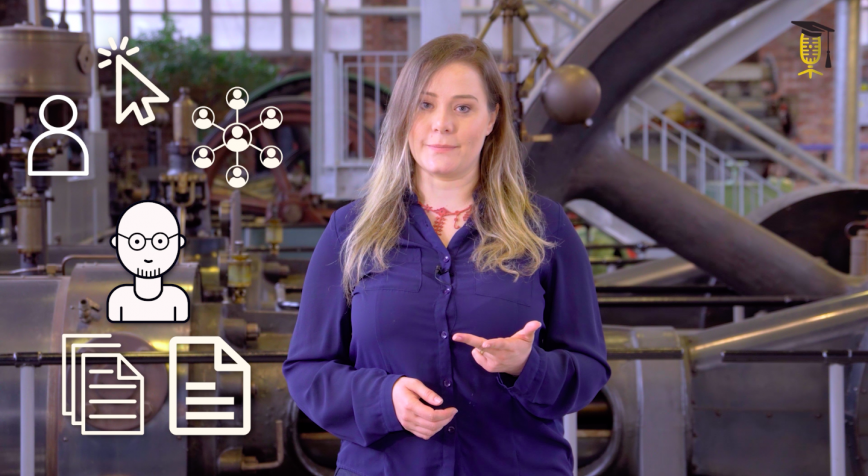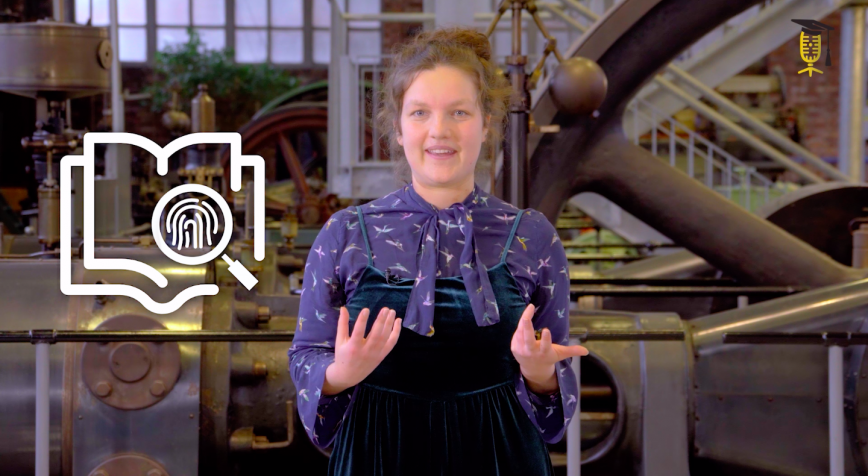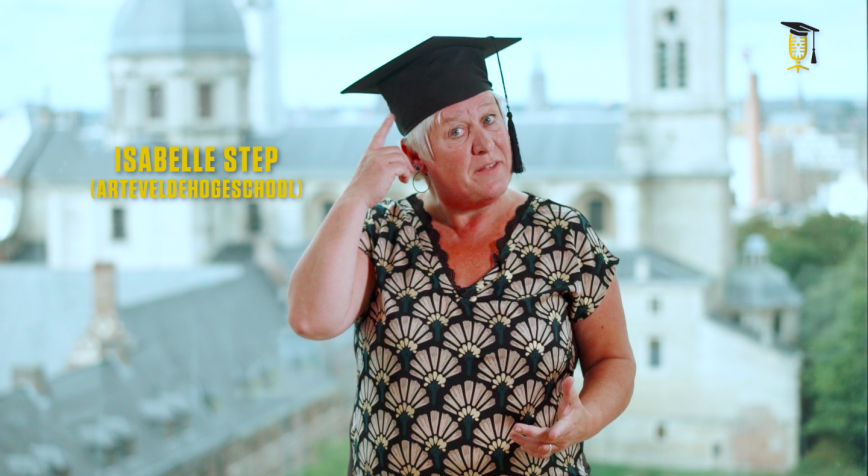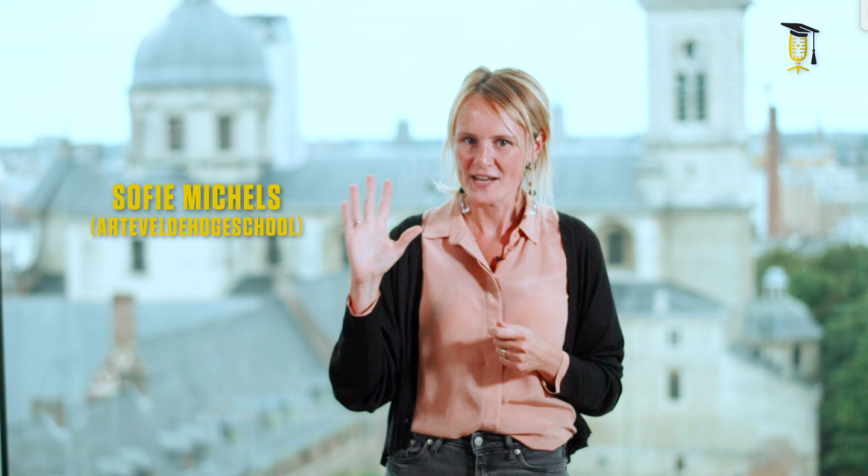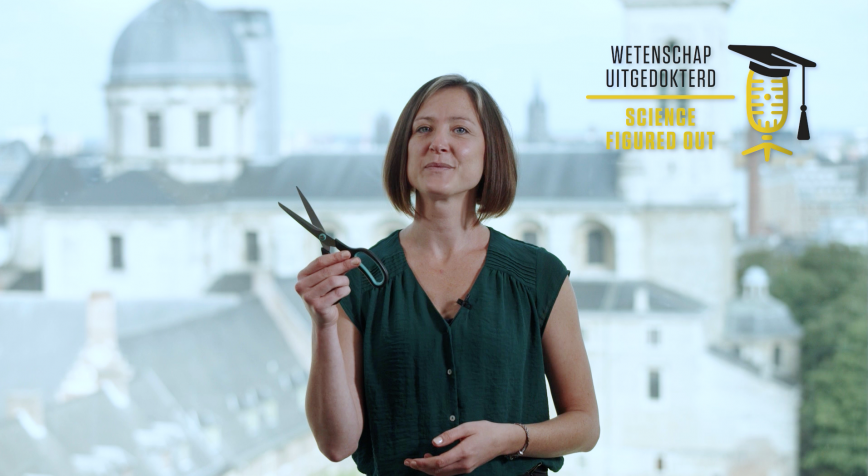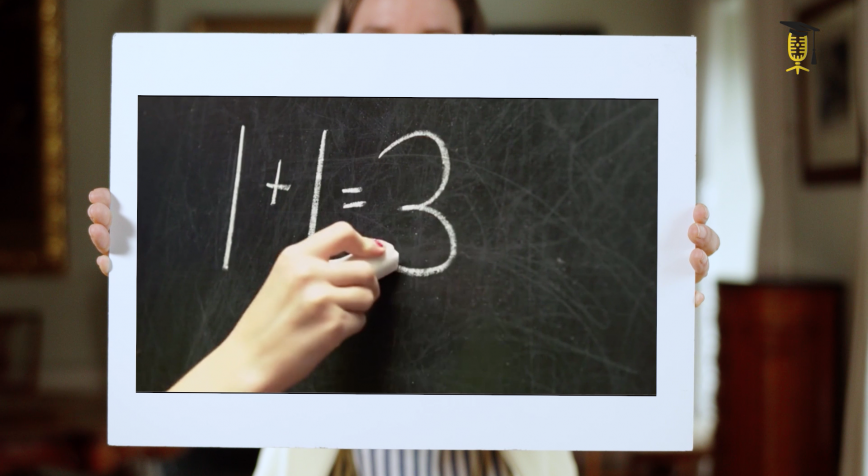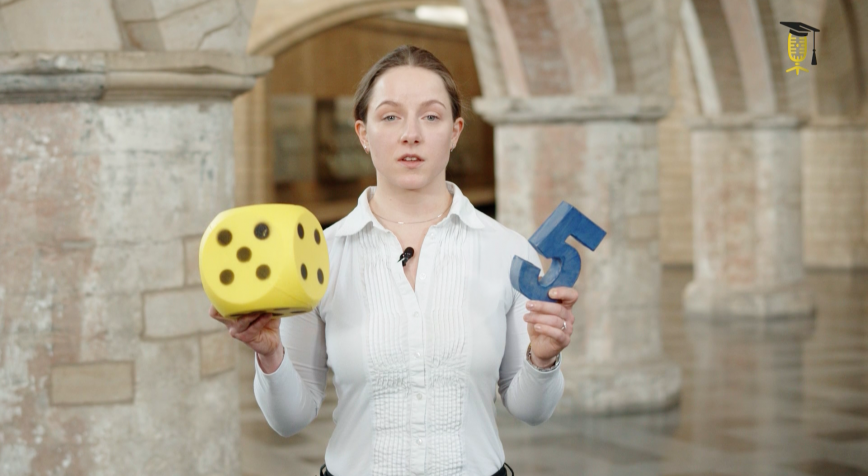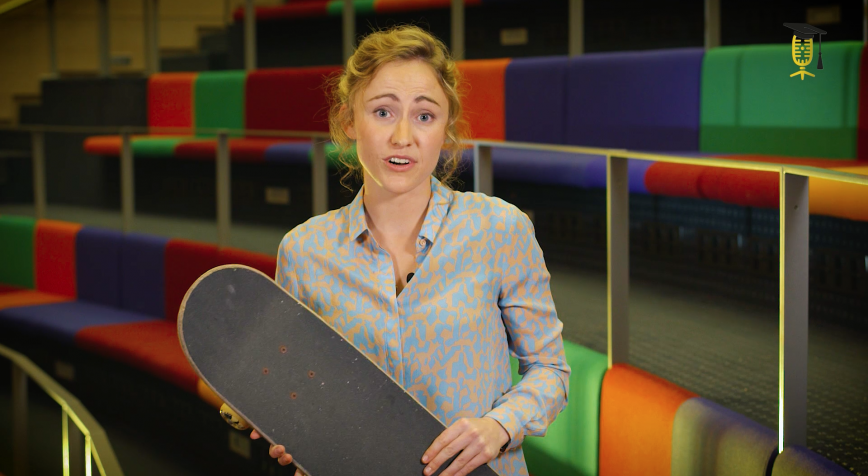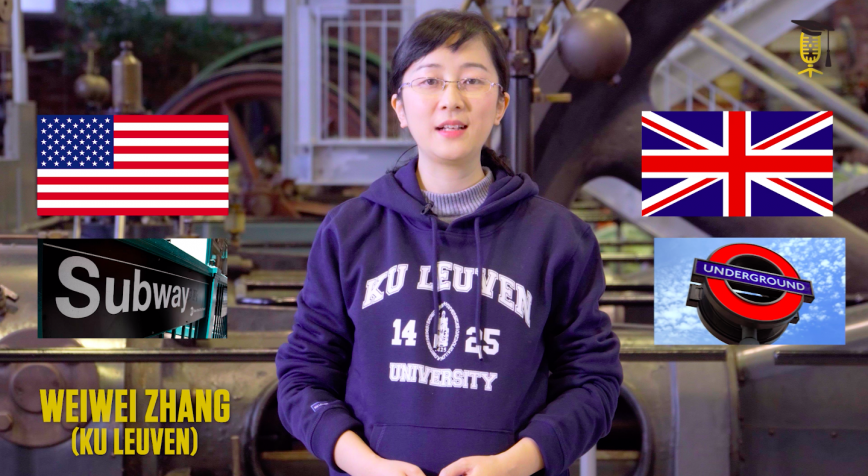
KU Leuven
How similar is the vocabulary of different language varieties?
A 'vector', isn't that something for mathematicians and physicists? Linguist Weiwei Zhang (KU Leuven) proves the opposite. She uses vectors to study related words and synonyms that appear in different language variants, such as "subway" in American English and "underground" in British English.
